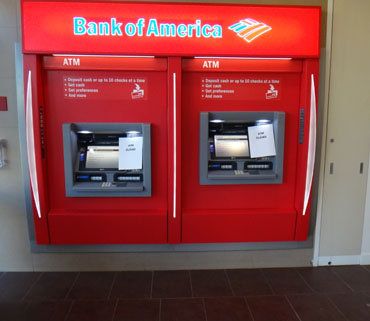

Finally the data is presented to the application for use. The packet is stripped of its address, then unwrapped, decrypted, and so on. The returned data works the same way only in reverse. It's sectioned, directed to a channel (through MCS), encrypted, wrapped, framed, packaged onto the network protocol, and finally addressed and sent over the wire to the client. Data from an application or service to be transmitted is passed down through the protocol stacks. The activity involved in sending and receiving data through the RDP stack is essentially the same as the seven-layer OSI model standards for common LAN networking today. With customer feedback, other protocol support may be added in future versions. The current version of RDP will only run over TCP/IP. RDP is also designed to support many LAN protocols, such as IPX, NetBIOS, TCP/IP. RDP is designed to support many different types of Network topologies, such as ISDN, POTS. However, current transmission activities are only using a single channel (for keyboard, mouse, and presentation data). RDP provides 64,000 separate channels for data transmission.
REMOTEPC US BANK OF AMERICA WINDOWS
One reason that Microsoft decided to implement RDP for connectivity purposes within Windows NT Terminal Server is that it provides an extensible base to build many more capabilities. However, the flexibility of RDP gives plenty of room for functionality in future products. Only one data channel is used in the initial release of Terminal Server 4.0. In this first release of Windows Terminal Server, we're concentrating on providing reliable and fast point-to-point (single-session) communications. It doesn't require to send the same data to each session individually. Multipoint data delivery allows data from an application to be delivered in real time to multiple parties, such as Virtual Whiteboards. Several other capabilities are retained as part of the RDP, such as the architectural features necessary to support multipoint (multiparty sessions). RDP is an extension of the core T.Share protocol. highly encrypted data, such as keyboard, mouse activity.A multichannel capable protocol allows for separate virtual channels for carrying the following information: RDP is based on, and is an extension of, the T-120 family of protocol standards. RDP is encapsulated and encrypted within TCP.Īpplies to: Windows Server 2012 R2 Original KB number: 186607 Summary This article describes the Remote Desktop Protocol (RDP) that's used for communication between the Terminal Server and the Terminal Server Client.


 0 kommentar(er)
0 kommentar(er)
